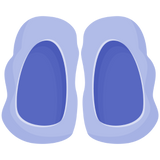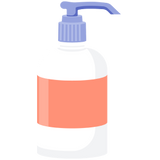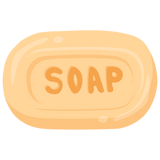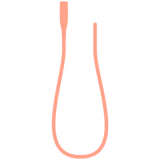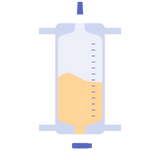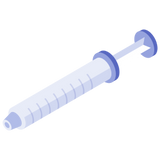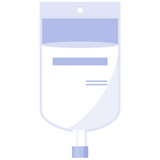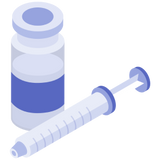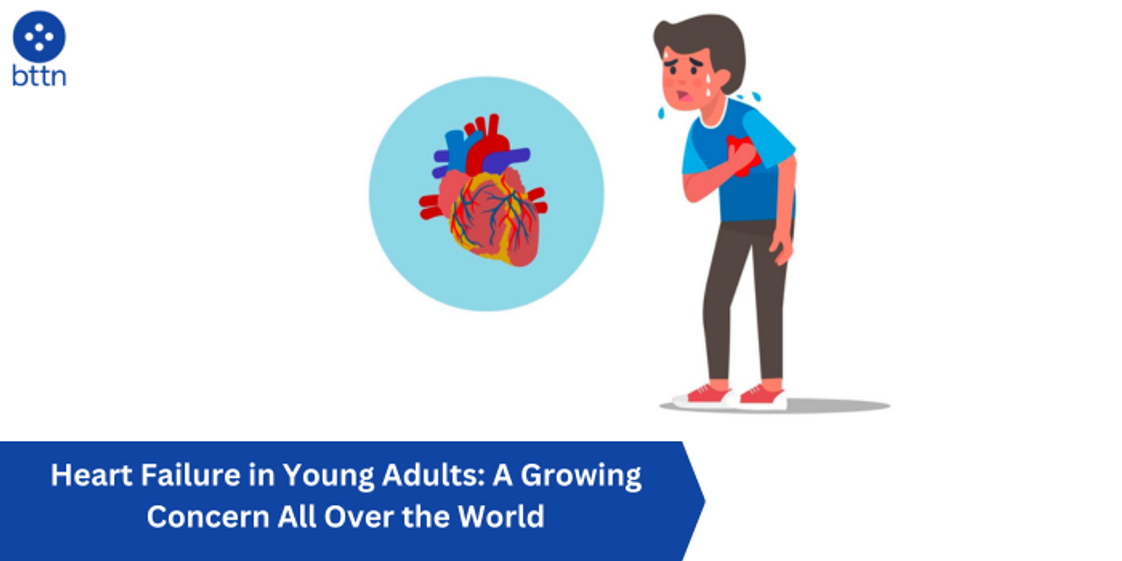
Heart Failure in Young Adults: A Growing Concern All Over the World
Posted by Pankaj Dhiman on Feb 13th 2024
Heart failure, a condition traditionally associated with aging, is increasingly affecting young adults globally. The rise in heart failure among this demographic is concerning and warrants a deeper understanding of its causes, risk factors, symptoms, prevention strategies, and management. In this blog, we'll delve into each aspect to shed light on this growing concern and provide valuable insights into maintaining heart health among young adults.
Must Read: Heart Health in Winter: A Guide to Navigating the Cold for a Resilient Heart
Causes of Increasing Heart Failure in Young Adults:
Several factors contribute to the rising incidence of heart failure in young adults. These include:
- Sedentary Lifestyle: With the proliferation of desk jobs and increased screen time, physical activity levels among young adults have declined, leading to obesity and poor cardiovascular health.
- Unhealthy Diet: The prevalence of fast food and processed meals high in saturated fats, sugars, and sodium has contributed to the development of cardiovascular diseases, including heart failure.
- Substance Abuse: Smoking, excessive alcohol consumption, and illicit drug use can damage the heart and increase the risk of heart failure in young adults.
- Stress: Chronic stress, whether from work, relationships, or other sources, can elevate blood pressure and strain the heart, increasing the likelihood of heart failure.
- Genetic Factors: In some cases, genetic predispositions or familial history of heart disease can predispose young adults to heart failure.
Must Read: Bladder Health Tips for Men and Women
Factors Increasing the Risk of a Heart Attack:
While heart failure and heart attacks are distinct conditions, they share some common risk factors. Factors that increase the risk of a heart attack in young adults include:
- Smoking: Tobacco smoke contains chemicals that can damage blood vessels and increase the risk of atherosclerosis, a leading cause of heart attacks.
- High Blood Pressure: Hypertension puts added strain on the heart and arteries, increasing the risk of a heart attack.
- High Cholesterol: Elevated levels of LDL cholesterol can lead to the buildup of plaque in the arteries, narrowing them and reducing blood flow to the heart.
- Diabetes: Uncontrolled diabetes can damage blood vessels and nerves, raising the risk of heart attack and other cardiovascular complications.
- Obesity: Excess body weight can contribute to insulin resistance, high blood pressure, and dyslipidemia, all of which are risk factors for heart attacks.
Must Read: Buy Halyard Sterilization Wrap - Top 10 Picks
Symptoms of a Heart Attack:
Recognizing the signs of a heart attack is crucial for prompt medical intervention. Common symptoms include:
- Chest Pain or Discomfort: This may feel like pressure, squeezing, fullness, or pain in the center of the chest that lasts more than a few minutes or comes and goes.
- Upper Body Discomfort: Pain or discomfort may also be felt in one or both arms, the back, neck, jaw, or stomach.
- Shortness of Breath: Difficulty breathing, often accompanied by chest discomfort, is a common symptom of a heart attack.
- Nausea, Indigestion, or Heartburn: Some people experience gastrointestinal symptoms during a heart attack, which may be mistaken for other conditions.
- Cold Sweats, Dizziness, or Lightheadedness: These symptoms can occur with or without chest discomfort and are more common in women.
Must Read: 7 Essential Medical Supplies Every Healthcare Facility Should Have
Preventing Heart Attack in Young Adults:
Prevention is key to reducing the risk of heart attack in young adults. Here are some preventive measures:
- Adopt a Healthy Lifestyle: Engage in regular physical activity, maintain a balanced diet rich in fruits, vegetables, whole grains, and lean proteins, and avoid smoking and excessive alcohol consumption.
- Manage Stress: Practice stress-reduction techniques such as mindfulness, meditation, yoga, or hobbies to lower stress levels and protect your heart.
- Monitor Blood Pressure and Cholesterol: Regularly check your blood pressure and cholesterol levels, and work with your healthcare provider to keep them within healthy ranges.
- Maintain a Healthy Weight: Aim for a body mass index (BMI) within the normal range, and strive to maintain a healthy weight through diet and exercise.
- Get Regular Check-ups: Schedule regular health screenings and check-ups with your healthcare provider to monitor your heart health and address any concerns promptly.
Must Read: Shop Hydrocolloid Wound Dressings Online at Wholesale Prices
The Role of Friends and Family in Heart Attack Recovery:
Support from friends and family plays a crucial role in the recovery process following a heart attack. Loved ones can provide emotional support, assist with daily tasks, encourage healthy lifestyle changes, and help ensure medication adherence and follow-up care. Additionally, participating in cardiac rehabilitation programs and joining support groups can provide valuable resources and encouragement during the recovery journey.
Healthy Heart Tips:
In addition to preventive measures, incorporating the following tips into your daily routine can promote heart health:
- Prioritize Sleep: Aim for 7-9 hours of quality sleep each night to allow your body to rest and recover.
- Stay Hydrated: Drink plenty of water throughout the day to maintain hydration and support cardiovascular function.
- Limit Added Sugars and Processed Foods: Minimize your intake of sugary beverages, sweets, and processed foods high in refined carbohydrates and unhealthy fats.
- Practice Mindful Eating: Pay attention to hunger and fullness cues, and savor each bite by eating slowly and mindfully.
- Stay Connected: Cultivate strong social connections and nurture meaningful relationships with friends, family, and community members for emotional support and stress relief.
Must Read: 10 Common Health Challenges and How to Avoid Them
Advancements in Heart Health Management:
With ongoing research and technological advancements, there have been significant strides in heart health management. Innovations such as wearable fitness trackers, telemedicine platforms, minimally invasive surgical techniques, and personalized medicine approaches hold promise for improving diagnosis, treatment, and outcomes for individuals with heart conditions.
Must Read: Wound Care: Bandages, Gauze, Medical and Surgical Tape, and Wound Dressings
FAQs:
Q: Can young adults have heart attacks?
A: Yes, while heart attacks are more common in older adults, they can occur in young adults, particularly those with risk factors such as smoking, high blood pressure, and high cholesterol.
Q: What should I do if I suspect I'm having a heart attack?
A: If you experience symptoms of a heart attack, such as chest pain or discomfort, shortness of breath, or upper body discomfort, seek emergency medical attention immediately by calling 911.
Q: How can I support a loved one recovering from a heart attack?
A: Offer emotional support, assist with daily tasks, encourage healthy lifestyle changes, accompany them to medical appointments, and participate in cardiac rehabilitation programs or support groups together.
In conclusion, heart failure and heart attacks are significant health concerns for young adults, necessitating awareness, prevention, and proactive management strategies. By understanding the causes, risks, symptoms, and preventive measures, individuals can take proactive steps to protect their heart health and lead fulfilling, healthy lives. With the support of friends, family, healthcare providers, and ongoing advancements in heart health management, young adults can reduce their risk of heart-related complications and thrive.






